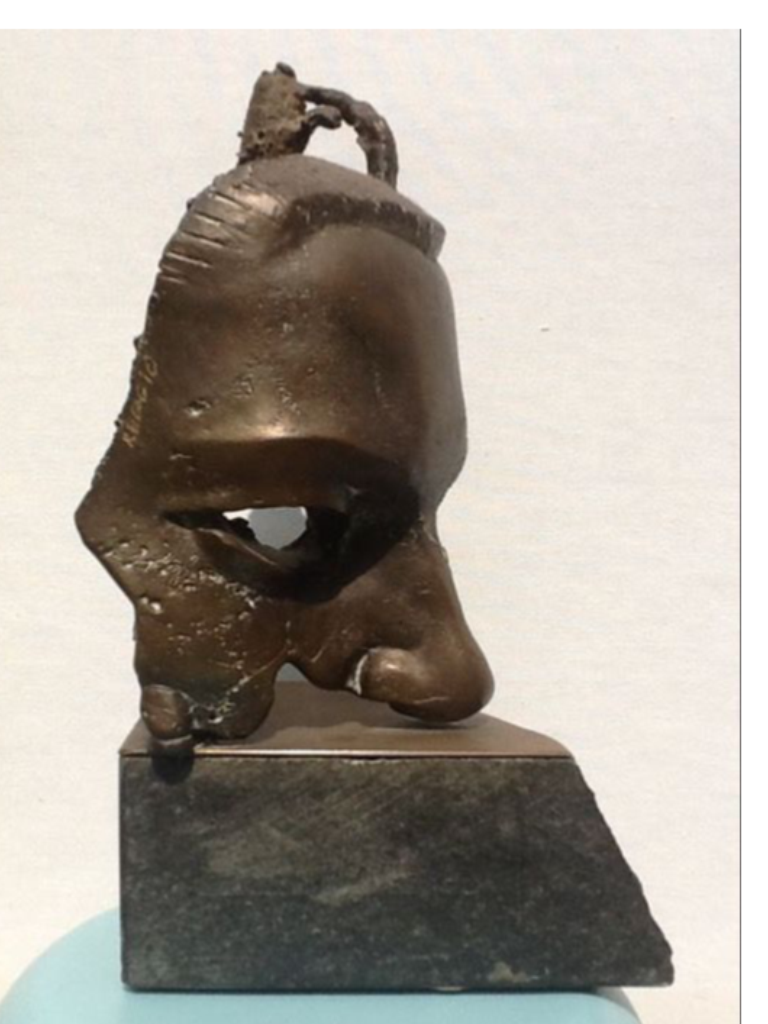
For a time he works as a contractor, building "ordinary houses with ordinary bricks". By this time Erik is tired of his nomadic life and wants to "live like everybody else". He also seems to have traveled to Southeast Asia, since he claims to have learned to breathe underwater using a hollow reed from the "Tonkin pirates".

However, he has to leave the city for the same reason he left Mazenderan: he knows too much. Erik then goes to Constantinople and is employed by its ruler, helping build certain edifices in the Yildiz-Kiosk, among other things. It is only by the intervention of the daroga (the Persian) that Erik escapes. Thinking that Erik could still make another palace even without his eyesight, the Shah orders Erik's execution.

The Shah, pleased with Erik's work and determined that no one else should have such a palace, orders Erik blinded. The Persian dwells on the vague horrors that existed at Mazenderan rather than going in depth into the actual circumstances involved. At some point under the Shah's employment, Erik is also a political assassin, using a unique noose referred to as the Punjab Lasso. The design itself carries sound to a myriad of hidden locations, so that one never knew who might be listening. The edifice is designed with so many trap doors and secret rooms that not even the slightest whisper could be considered private. The Shah commissions Erik, who proves himself a gifted architect, to construct an elaborate palace in Mazenderan. The Shah orders the Persian to fetch Erik and bring him to the palace. His reputation for these skills and his unearthly singing voice spreads quickly, and one day a fur trader mentions him to the Shah of Persia. During his time with the tribe, Erik becomes a great illusionist, magician, and ventriloquist. his birthplace is given as a small town outside of Rouen, France.īorn hideously deformed, he is a "subject of horror" for his family and as a result, he runs away as a young boy and falls in with a band of Gypsies, making his living as an attraction in freak shows, where he is known as "le mort vivant" ("the living death"). Most of the character's history is revealed by a mysterious figure, known through most of the novel as The Persian or the Daroga, who had been a local police chief in Persia, following Erik to Paris other details are discussed in the novel's epilogue e.g. Leroux sometimes calls him "the man's voice" Erik also refers to himself as "The Opera Ghost", "The Angel of Music", and attends a masquerade as the "Red Death" (evidently Erik is familiar with Poe's famous short story). It is also revealed that "Erik" was not, in fact, his birth name, but one that was given or found "by accident", as Erik himself says within the work. Erik himself laments the fact that his mother was horrified by his appearance (causing him to run away from home at a young age), and that his father, a master mason, never saw him.

In the original novel, few details are given regarding Erik's past, although there is no shortage of hints and implications throughout the book.


 0 kommentar(er)
0 kommentar(er)
